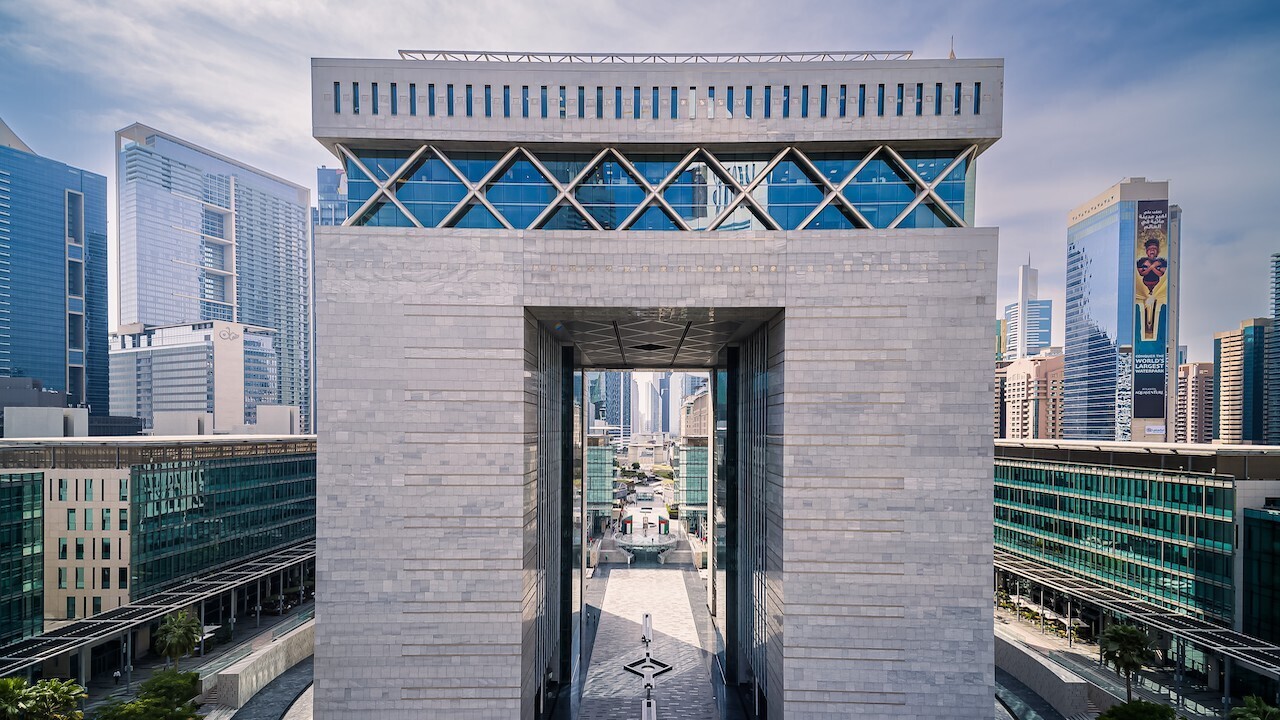
The Middle East and North Africa (MENA) is becoming a leading destination for fast-growing tech startups. In 2020, the region reached a record $1 billion in startup investments, signaling a voracious investor appetite in the technology sector.
The maturing digital economy coupled with region-wide innovation initiatives make MENA an attractive place to launch or scale a startup for an increasing number of global entrepreneurs. Heavy hitters like Microsoft, Google, and Amazon are also investing in the region, and recent investments are trending towards later-stage deals, indicating that the land is ripe for opportunity.
For fintechs in particular, Dubai has become an attractive hotspot from which founders can scale their operations across the Middle East and the wider MENA region.
The UAE is now home to 33 of the region’s 50 most funded startups, followed by Saudi Arabia and Egypt, with a vast majority of success stories born in Dubai. There’s Uber’s acquisition of Careem for $3.1 billion. Then there’s Dubai unicorn Swvl’s listing on the Nasdaq, and fintech leader PayTabs taking the region by storm.
These successes, among others, have created a groundswell of excitement about the Emirate’s potential for global startup domination.
For founders seeking to expand beyond their current borders, here’s what you need to know about Dubai’s fintech ecosystem.
Funding opportunities abound
When choosing a base in a new region, the availability of funding opportunities is one of the key deciding factors. According to Magnitt’s Emerging Venture Markets Report, in 2021 UAE based startups received the lion’s share of total funding and the highest number of deals in the MENA region.
One of the top five fintech funding rounds in Q1 went to Dubai-based NOW Money at $7 million. Co-founders Ian Dillon and Katharine Budd will now use the investment to grow their UAE based operations further and expand their business into Saudi Arabia.
Q2 and Q3 saw even larger deals with ‘buy now, pay later’ (BNPL) startup Tabby closing a $50 million round in August. According to Chief Executive, Hosam Arab, the company is planning to maintain its Dubai base, while continuing to expand into new markets.
SEZs offer business-friendly regulations and licensing options
One of the biggest challenges of establishing yourself in a new market is overcoming the market processes, from getting familiar with the local legislation to getting the right licenses for your business to start operations.
To help grow local business and attract international founders, the UAE set up a number of special economic zones with their own independent jurisdictions and business-friendly civil and commercial laws.
The leading platform in the MEASA region is Dubai International Financial Centre (DIFC) established in 2004 to facilitate the growth of the Emirate’s finance scene. It’s now ranked in the top 20 financial centres in the world and hosts over 3,200 active companies including over 1000 finance and innovation related companies.
As a special economic zone, DIFC offers key benefits such as zero tax on business income and profits, 100% foreign ownership, and no restrictions on foreign exchange or capital/profit repatriation. In addition, the DIFC is founded on business-friendly laws, derived from English common law principles, addressing insolvency, advanced employment and pension provisions, and globally compatible data protection regulations. Its robust yet flexible business and legal framework provides a safe environment for market newcomers. Another benefit for fintechs in particular is the zone’s licensing options, including subsidies and a testing license introduced to allow for greater experimentation.
A unique aspect of DIFC is the community hub it’s facilitated for tech firms through the DIFC Innovation Hub, an important pillar of the new Dubai Future District. It’s home to the largest innovation ecosystem in the region and paves the way for early stage startups, growth stage startups, unicorns, and big Tech firms to come together.
For this reason Julian Dixon, CEO of cybersecurity fintech Napier, decided to launch the company’s Middle East operations in the DIFC Innovation Hub. In a recent podcast with Innovate Finance, Dixon said:
“It offered us a frictionless way of setting up a presence in the Middle East. This allowed us to focus on scaling rapidly, without the problems we had experienced in other parts of the world such as complex laws and banking operations.”
Digital infrastructure and tech talent
Along with favorable regulations, for innovation to happen, you need a solid digital infrastructure. And it just so happens Dubai’s main objective is to transform itself into an international technology hub. As a result, it’s adopting emerging technologies at a rapid rate and, more importantly, introducing new legislation to move the process forward.
One of its first objectives has been to become the ‘first blockchain powered city’ with the goal to have 50% of financial transactions done on the blockchain. DIFC hosted the inaugural Blockchain week at its Innovation Hub, to discuss the adoption and regulation of blockchain tech with stakeholders across the ecosystem.
Beyond this, tech firms focused on the crypto boom will be interested to know that the Dubai Financial Services Authority (the independent regulator of financial services conducted in or from the DIFC) recently launched a regulatory framework for Investment Tokens.
The city also introduced a Chamber of Digital Economy which is set to develop a digital-centric economic growth plan focused on attracting investment, international talent, and entrepreneurs, and proposing digital economy friendly policies and legislation.
Of course, even with the best digital infrastructure in place, you can’t build a great fintech without tech talent. According to the IMD World Competitiveness Centre’s latest World Talent Report, the UAE maintained its position as the top country for tech talent in the Arab world and second place in the MENA region (after Israel). In the global ranking, it reached 23rd place.
Dubai in particular continues to attract international talent with its high quality of life. It’s been ranked the best city to live and work in the MENA region by Kearny’s Global Cities Report for eight consecutive years. InterNations’ Expat City Ranking 2021 saw Dubai reach third place out of 57 cities that were ranked.
Still not sure if Dubai is right for your fintech?
Of course entering a completely new market can be intimidating, especially if you don’t have contacts or experience in that region to begin with.
According to Daumantas Grigaravicius, Country Manager UAE at Ebury, setting up their startup’s presence in Dubai felt like starting from scratch. Not being familiar with the market, they decided to go for a sandbox approach, setting up a temporary office in DIFC to get a better sense of the business dynamics and understand the client base.
This allowed us to effectively dip our toes in and see how things work. Then, when we decided to move forward, DIFC were very supportive in helping us get the necessary licenses and setting up.
Going into a new market can be daunting, but having a partner that can give you a direct contact and route to peers helps.
Get the TNW newsletter
Get the most important tech news in your inbox each week.




